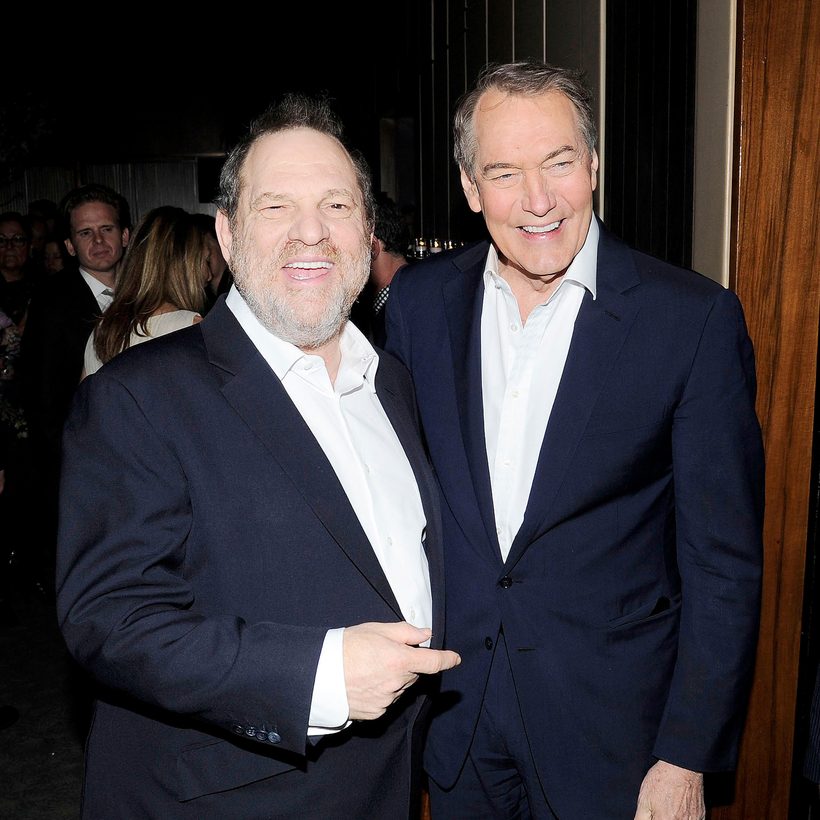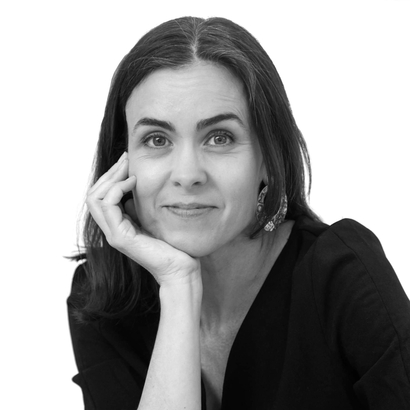“We’re Good at Punishing #MeToo Men. Can We Ever Forgive Them?” asked a recent headline in The New York Times. Some variation of this question has been posed for seven years now, most often in the context of attempted comebacks by disgraced men, and always with the assumption that the women who levied accusations, and those who support them, share a psychological profile defined by rage and retribution. Will we ever be able to forgive? Or accept that decent, even good people can sometimes do bad things?
While reporting for Complicit, my book about our culture’s enablement of misbehaving men, I spoke with scores of women who had raised #MeToo accusations involving sexual misconduct against their former bosses or colleagues. Their perspectives frequently defied the prevailing narrative in two ways.


